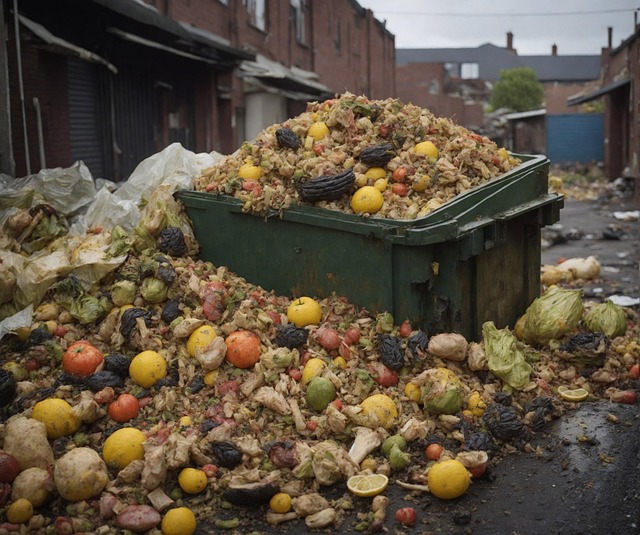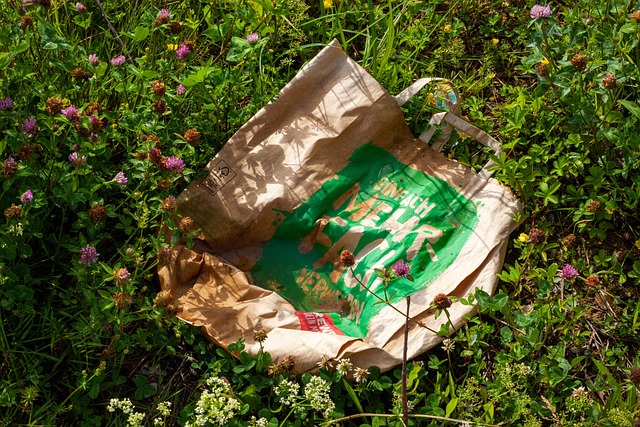Boston businesses play a vital role in commercial e-waste recycling by understanding and managing electronic waste responsibly. Partnering with specialized companies, adhering to environmental regulations, and educating employees are key strategies. Utilizing local recycling programs and drop-off centers, along with incentives for participation, ensures sustainable disposal of electronics, contributing to Massachusetts' protective measures for the environment.
In the bustling landscape of modern businesses, managing electronic waste (e-waste) responsibly is more critical than ever. This article guides Boston businesses through effective strategies for proper e-waste recycling. We explore the composition of e-waste to inform better decisions. Choosing reliable commercial partners is key; we offer tips on selecting experts in Boston’s dynamic market. Additionally, we cover best practices for disposing of common electronics and encourage employee engagement through education to foster a culture of sustainable technology management.
- Understanding E-Waste Composition in Boston Businesses
- Choosing Reliable Commercial Recycling Partners
- Proper Disposal Methods for Common Electronics
- Encouraging Employee Participation and Education
Understanding E-Waste Composition in Boston Businesses

In Boston businesses, understanding the composition of e-waste is crucial for effective commercial e-waste recycling. E-waste, or electronic waste, includes a diverse range of materials such as computers, phones, printers, and monitors, all of which contain valuable resources but also hazardous substances like lead, mercury, and cadmium. Properly managing this waste involves more than just setting it aside for collection; it requires knowledge about the specific components and their potential environmental impact.
Boston businesses can play a significant role in sustainable e-waste management through participation in regular e-waste collection events and exploration of innovative recycling solutions. By partnering with local e-waste management companies offering specialized services, businesses can ensure that their old computers, monitors, and other electronic devices are recycled responsibly, contributing to the protection of both the environment and valuable natural resources in Massachusetts (MA).
Choosing Reliable Commercial Recycling Partners

When it comes to recycling e-waste, choosing reliable partners is key. In Boston, where technology businesses are abundant, ensuring your electronic waste (e-waste) is handled responsibly and efficiently should be a top priority. Look for commercial e-waste recycling services that have established reputations and certifications to prove their commitment to environmental safety and sustainability.
Researching local options, such as those specializing in how to recycle tech waste in Boston or recycling centers accepting business gear, can help you make informed decisions. Check for companies that follow the latest guidelines for recycling electronic waste Boston residents and businesses depend on. This includes proper disposal of hazardous materials, data security measures, and adherence to environmental regulations, ensuring your e-waste is transformed into valuable resources without causing harm to the environment or communities.
Proper Disposal Methods for Common Electronics

When it comes to proper disposal methods for common electronics, many individuals in Boston are unaware of the best practices for recycling e-waste. Commercial e-waste recycling Boston services play a vital role in ensuring that electronic scraps don’t end up in landfills, where they can leach toxic materials into the environment. Instead, these specialized facilities employ sustainable methods to break down and reuse valuable components found in devices like computers, smartphones, tablets, and more.
In Massachusetts, it’s essential to utilize local recycling programs or drop-off centers for recycle old electronics MA. Disposing of electronic scraps near Boston responsibly helps protect both the environment and our communities. By choosing reputable commercial e-waste recycling services, residents can contribute to a greener future while ensuring that their outdated tech is handled with care and efficiency.
Encouraging Employee Participation and Education

Encouraging employee participation is a key aspect of successful commercial e-waste recycling in Boston. By integrating sustainable practices into company culture, businesses can foster a sense of environmental responsibility among their workforce. Start by educating employees on the importance of proper e-waste disposal and the potential impacts of improper recycling. Host regular workshops or training sessions to demystify the recycling process, ensuring everyone understands which items are recyclable and how to properly prepare them for collection. You could even make it a team-building activity by organizing a Boston e-waste event calendar with community drives or partnering with local recycling centers accepting business gear.
This collective effort not only benefits the environment but also reinforces your company’s commitment to corporate social responsibility (CSR). When employees see their efforts making a tangible difference, they’re more likely to stay engaged and motivated. Consider introducing incentives for high participation rates, such as eco-friendly rewards or public recognition programs. By actively involving your team in commercial computer disposal MA, you can create a culture where sustainable practices become second nature, contributing to a greener future for Boston and beyond.
Recycling e-waste properly is essential for a sustainable future in Boston’s business landscape. By understanding the composition of e-waste, partnering with reliable commercial recycling providers, and educating employees, businesses can play a significant role in managing this unique challenge. Implementing these strategies ensures that common electronics are disposed of responsibly, contributing to a cleaner, greener environment. Embracing proper e-waste management practices is a step towards a more sustainable commercial sector in Boston, fostering a positive impact on both the local community and the planet.














